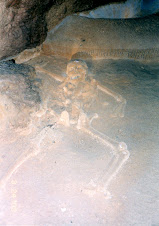- approximately 35-40 questions + bonus
- will have some quote and political cartoon analysis (see below)
- will be related to the successes and failures of the USA's attempted ratification of Treaty of Versailles (see below...click image to enlarge)
2) What is the "Peace Treaty" in the cartoon below? What happened to the Peace Treaty in the Operating Room? Who is the gentleman escorting the Peace Treaty from the Operating Room, and what relationship does he have to the Treaty?
3) Vulture . . . what vulture? Who is the man in the bed, and what is he afraid of? Why? What specific real-life historical figures might the man in the bed represent?
4) Who are the gentlemen in the cartoon below? Who is the boy, and why is he crying? What in the world does this have to do with the Great War and/or the Treaty of Versailles? Tiger . . . what Tiger?
5) What is "Article X" in the quote below? Is Wilson arguing for or against the ratification of the Treaty of Versailles in this quote? Why?
When you read Article X, therefore, you will see that it is nothing but the inevitable, logical center of the whole system of the Covenant of the League of Nations, and I stand for it absolutely. If it should ever in any important respect be impaired, I would feel like asking the Secretary of War to get the boys who went across the water to fight, . . . and I would stand up before them and say, Boys, I told you before you went across the seas that this was a war against wars, and I did my best to fulfill the promise, but I am obliged to come to you in mortification and shame and say I have not been able to fulfill the promise. You are betrayed. You have fought for something that you did not get.
Source: Woodrow Wilson, Speech, September 5, 1919.
6) Examine the chart below. What does it tell you about USA motivations to enter or not enter the Great War?







No comments:
Post a Comment